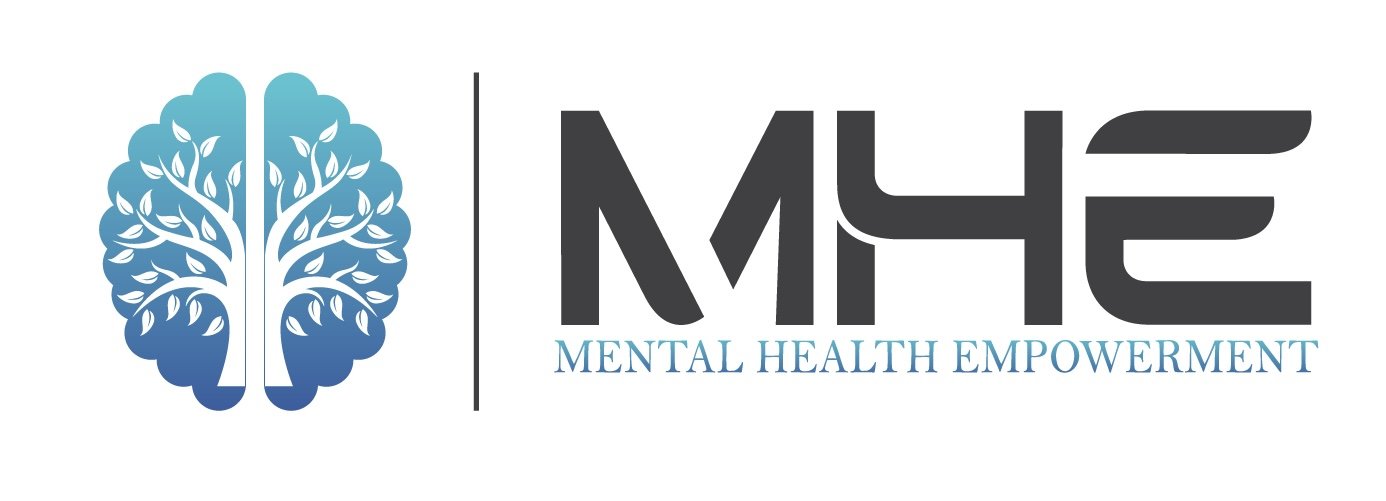Couples/Marriage Counseling with Brian Jones at Mental Health Empowerment
Utilizing a combination of therapeutic approaches and good ole communication strategies, Brian works with couples to navigate through a wide variety of problems, including, poor communication, trust issues, intimacy, and infidelity. In couples therapy, Brian combines interventions to help couples change problematic behaviors, as well as to learn to communicate to each other when certain behaviors become a source of conflict. Another main point is to learn how to slow down the conversations and focus more on connecting and learning, rather than trying to rush to fix a problem. This tend to lead to a better understanding of what the actual problem is. This is used to enhance intimacy and effectively resolve differences. Brian also uses techniques in couple’s counseling to help them learn how to be more present in the relationship, acknowledge their partner’s feelings, and communicate/listen in a way that says “This relationship matters. You are important to me”.
Anxiety Therapy with Brian Jones at Mental Health Empowerment
Though anxiety can be a normal reaction to stress, for some people, anxiety can also be an intense feeling of fear, dread, and uneasiness. These feelings can be so strong that a person can feel it physically, such as muscle tensions and shortness of breath. It might cause a person to feel uptight, restless, sweaty, and have an increased rapid heartbeat. Brian will work with clients to teach them different ways of thinking and behaving using techniques coming from Cognitive Behavioral Therapy, Mindfulness, and Exposure Therapy. Brian will start with making sure that his clients have a good foundation of self-care, support, and strategies to manage life stressors. In Anxiety Therapy, the goal is to help a client understand their triggers and how it impacts them. In Anxiety Therapy, Brian will help clients learn how to change the way they react to the things by navigating what causes them to feel fear and anxiety in the first place. This focuses on having them confront their fears so that they will be able to do the things that they have been avoiding and begin living a fuller life.
Attention-deficit/hyperactivity disorder (ADHD) Therapy with Brian Jones at Mental Health Empowerment
Do you have trouble wrapping up the final details of a project once the challenging parts have been done? Do you have difficulty getting things in order when you must do a task that requires organization? Are there things that you know must be done but just can’t get the energy to complete or sometimes even start it? If so, there is a good chance that you may suffer from ADHD. Attention-deficit/hyperactivity disorder (ADHD) is a neurodevelopmental condition that is characterized by symptoms of hyperactivity, impulsivity, and inattention. Unfortunately, adults and children with ADHD are often unfairly labeled as lazy, unmotivated, or even apathetic. In ADHD therapy, Brian will work with clients in understanding that most of the problems stems from executive function deficits. This deficit affects a person’s ability to get started on a project or task, be organized, and be consistent or focused on a task. The person may sometimes experience a sense of paralysis associated with a task or project, wanting to get started, but unable to make progress forward in any manner. Brian will work on interventions that are focused on improving executive functioning as it can be helpful in improving productivity and motivation.
Erectile Dysfunction Therapy with Brian Jones at Mental Health Empowerment
Erectile dysfunction (ED) can be the source of shame and embarrassment for men. Sexual performance is so closely linked with masculinity that when there’s an issue many men will not want to talk about it. Some may think they need medical attention, but the answer can be as simple as learning strategies to combat the anxiety the tends to be joined with Erectile Dysfunction. Brian uses Cognitive Behavioral Therapy (CBT), when working with Erectile Dysfunction, as it has been proven to be incredibly effective in reversing the effects of performance anxiety in men. Brian also takes time to help the client figure out when the erectile dysfunction and anxiety around sexual performance began and identify other areas of his life that anxiety impacts him. Brian also helps identify the myths and expectations that comes with a man’s sexuality, that can also be adding stress and anxiety to the situation. Brian uses a multitude of approaches and a number of exercises that can be used to alleviate issues around sexual performance. One approach is the use of Mindfulness to manage one’s emotional well-being. The chances that a person’s sexual confidence is affected by outside influences, such as stress and mental health concerns is a very real one.
Trauma Therapy with Brian Jones at Mental Health Empowerment
A person who has experienced a single or repeated experience of physical, sexual, emotional, physical, or mental abuse can benefit from Trauma Therapy with Brian Jones. Brian will work with the client to address the specific emotional and mental health needs of adult survivors and families who are struggling to overcome the destructive effects of early trauma. When a person experiences trauma, their brains and body change. The brain records sensory details about the event and the memories can come up repeatedly in the form of flashbacks. This can result in mood swings, troubling dreams, and other symptoms that worsens over time and affect their daily life. Cognitive Behavior Therapy techniques are used to help navigate distorted thinking that leads to negative behaviors. These negative behaviors can impact a person's life and relationships, as well as cause difficulties at work, school, and in romantic and social settings. Trauma therapy can help improve quality of life. When clients come into Trauma Therapy, Brian will use Cognitive behavior Therapy to help them change and improve the way they think and act, regardless of what is happening externally. Although it can be challenging to face those difficult events, with support in a safe, non-judgmental space, symptoms can lessen over time.

